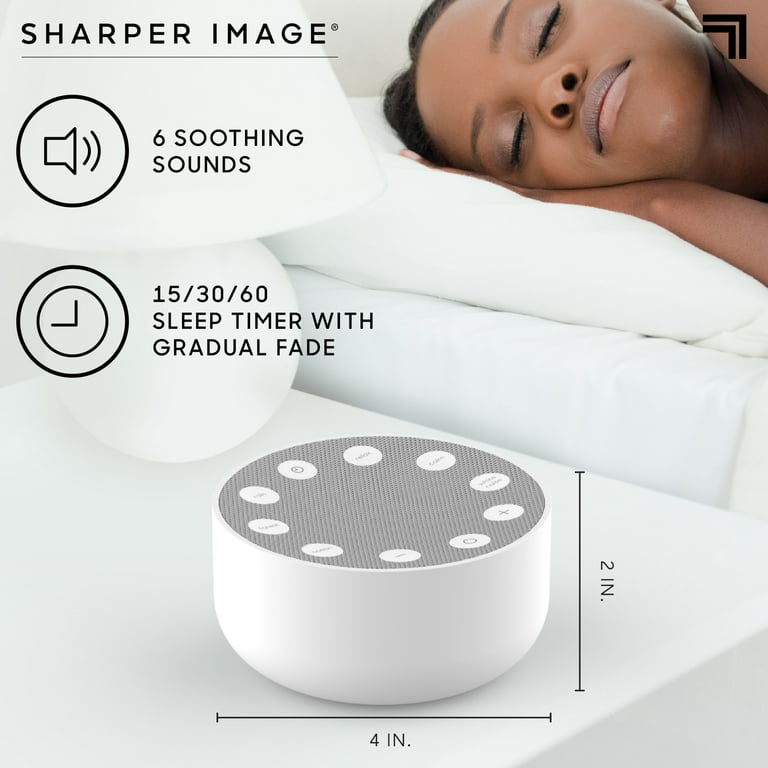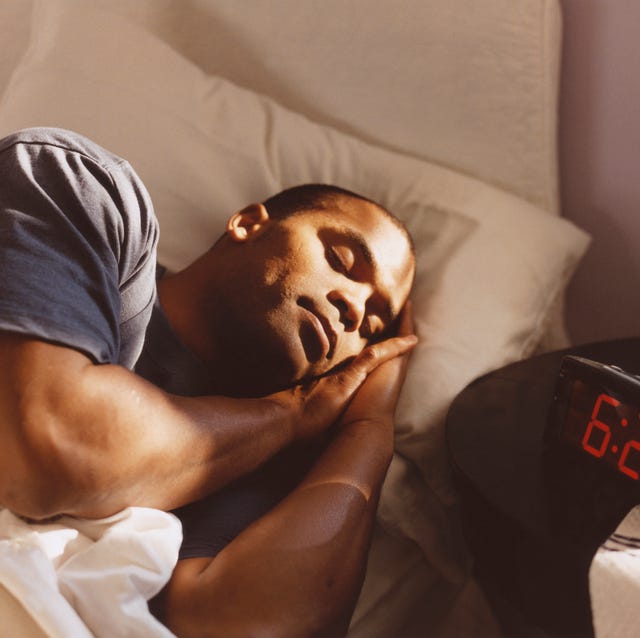Effective Treatment Solutions for Managing Rest Disorders and Enhancing Restful Rest
In the world of medical care, the management of sleep problems and the pursuit for restful sleep are pivotal components of general health. As we browse the elaborate landscape of sleep conditions and seek to enhance our sleep experience, a much deeper understanding of these therapy options might hold the key to opening a more rejuvenating and fulfilling restorative trip.
Cognitive Behavior Modification for Sleeping Disorders (CBT-I)
Cognitive Behavior Therapy for Sleeping Disorders (CBT-I) is an organized, evidence-based treatment technique that concentrates on dealing with the hidden variables adding to rest disruptions. This sort of therapy aims to customize behaviors and ideas that exacerbate sleeplessness, ultimately advertising healthy sleep patterns. CBT-I usually includes several crucial components, including cognitive therapy, rest limitation, stimulus control, and sleep health education and learning.
Cognitive treatment aids individuals identify and alter adverse thought patterns and ideas concerning rest that might be preventing their capability to fall or stay asleep. Rest limitation includes limiting the amount of time spent in bed to match the individual's actual rest period, consequently increasing sleep efficiency (insomnia counseling). Stimulus control techniques aid establish a solid organization between the bed and rest by encouraging people to visit bed just when sleepy and to prevent engaging in promoting activities in bed
Additionally, rest hygiene education concentrates on establishing healthy rest routines, such as preserving a consistent sleep routine, producing a relaxing going to bed routine, and enhancing the sleep environment. By addressing these elements adequately, CBT-I supplies an effective non-pharmacological intervention for handling sleeplessness and enhancing total sleep high quality.
Rest Hygiene Practices
Having developed the structure of cognitive restructuring and behavioral adjustments in resolving sleeplessness via Cognitive Behavioral Treatment for Sleep Problems (CBT-I), the focus now shifts in the direction of exploring important Sleep Hygiene Practices for preserving optimum sleep quality and overall wellness.
Rest health methods incorporate a variety of practices and ecological factors that can significantly impact one's capacity to sleep and remain asleep throughout the evening. Consistent sleep and wake times, producing a relaxing going to bed regimen, and maximizing the rest atmosphere by keeping it dark, quiet, and cool are critical elements of great sleep health. Limiting direct exposure to displays before bedtime, staying clear of energizers like caffeine near to going to bed, and participating in routine exercise during the day can likewise advertise far better sleep high quality.
Moreover, practicing relaxation techniques such as deep breathing exercises or reflection prior to bed can aid calm the mind and prepare the body for rest. By including these rest hygiene practices into one's day-to-day routine, people can establish a healthy and balanced sleep pattern that supports restful rest and total wellness.
Leisure Strategies and Mindfulness
Applying relaxation strategies and mindfulness practices can play a crucial function in fostering a feeling of calm and advertising high quality sleep. Furthermore, assisted imagery can help transport people to a peaceful location in their minds, aiding in stress and anxiety reduction and improving sleep quality.
Mindfulness techniques, such as reflection and yoga exercise, are also efficient in advertising relaxation and enhancing rest. Mindfulness motivates individuals to stay present in the moment, releasing concerns about the past or future. By integrating these practices right into a going to bed regimen, individuals can signal to their bodies that it is time to relax and prepare for rest. On the whole, integrating relaxation methods and mindfulness practices can considerably add to taking care of rest problems and improving general sleep high quality.

Medication Options for Sleep Disorders
After exploring relaxation methods and mindfulness practices as non-pharmacological interventions for boosting sleep quality, it is vital to consider medication options for individuals with sleep problems. In instances where way of living modifications and treatment do not provide sufficient relief, medicine can be a beneficial tool in taking care of rest disturbances.
Frequently prescribed drugs for sleep problems include benzodiazepines, non-benzodiazepine hypnotics, antidepressants, and melatonin receptor agonists. Benzodiazepines, such as diazepam, are sedatives that can assist generate rest, yet they are typically suggested for short-term usage because of the danger of reliance. Non-benzodiazepine hypnotics like zolpidem are likewise utilized to treat sleep problems and have a lower risk of dependence compared to benzodiazepines. Antidepressants, such as trazodone, can be beneficial for individuals with co-occurring clinical depression and sleep low ferritin insomnia disruptions. Melatonin receptor agonists, like ramelteon, target the body's all-natural sleep-wake cycle and can be helpful for controling rest patterns.
It is important for people to consult with a doctor to figure out one of the most appropriate medication option based on their certain venlafaxine insomnia sleep condition and case history.
Light Treatment for Body Clock Regulation
Light treatment, additionally called phototherapy, is a non-invasive therapy method made use of to manage circadian rhythms and enhance sleep-wake cycles. This therapy entails direct exposure to intense light that imitates all-natural sunshine, which aids to reset the body's biological rhythm. By revealing people to certain wavelengths of light, normally in the morning or night relying on the desired result, light therapy can properly change the body clock to promote wakefulness throughout the day and boost relaxing rest during the night.
Research study has shown that light therapy can be especially valuable for people with circadian rhythm conditions, such as postponed sleep phase disorder or jet lag. It can additionally be handy for those experiencing seasonal affective condition (SAD), a sort of anxiety that usually occurs throughout the winter season when all-natural light exposure is decreased. Light treatment is generally well-tolerated and can be made use of combined with other treatment techniques for rest disorders to enhance results and enhance total rest quality.
Final Thought
To conclude, effective therapy remedies for taking care of sleep conditions and enhancing peaceful sleep include Cognitive Behavioral Therapy for Sleeplessness (CBT-I), rest hygiene methods, relaxation techniques and mindfulness, medication options, and light therapy for circadian rhythm regulation. These strategies can help people boost their rest top quality and total wellness. It is essential to seek advice from a doctor to establish the most suitable technique anemia insomnia for addressing rest problems.
As we navigate the intricate landscape of rest conditions and seek to boost our rest experience, a deeper understanding of these therapy solutions might hold the secret to unlocking an extra refreshing and fulfilling corrective journey.
Rest constraint includes restricting the quantity of time spent in bed to match the person's actual rest period, thereby raising rest efficiency. Regular sleep and wake times, creating a relaxing going to bed routine, and enhancing the rest atmosphere by keeping it dark, silent, and cool are critical elements of excellent sleep health. Light therapy is usually well-tolerated and can be used in combination with other therapy methods for sleep problems to enhance outcomes and boost overall rest quality.
